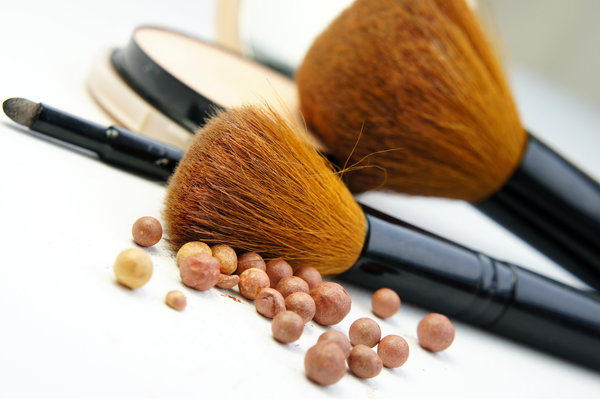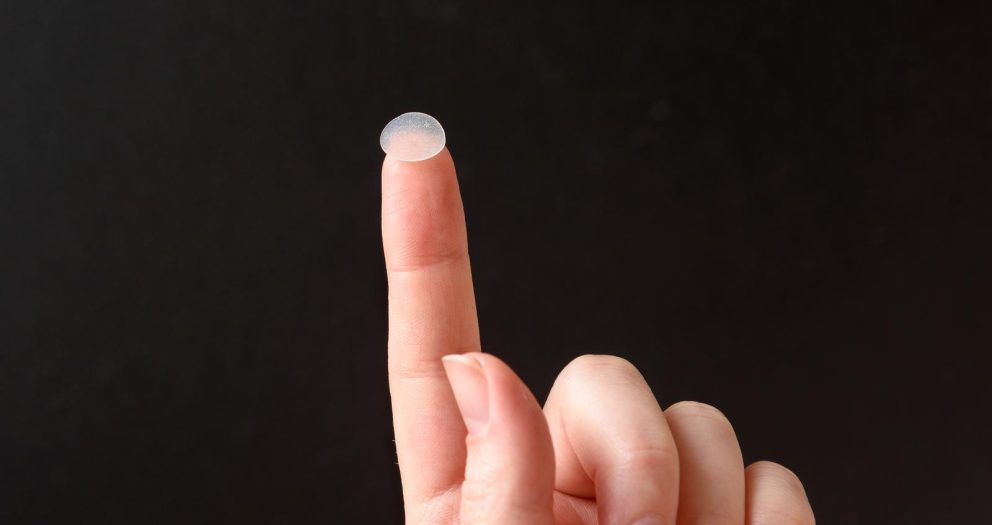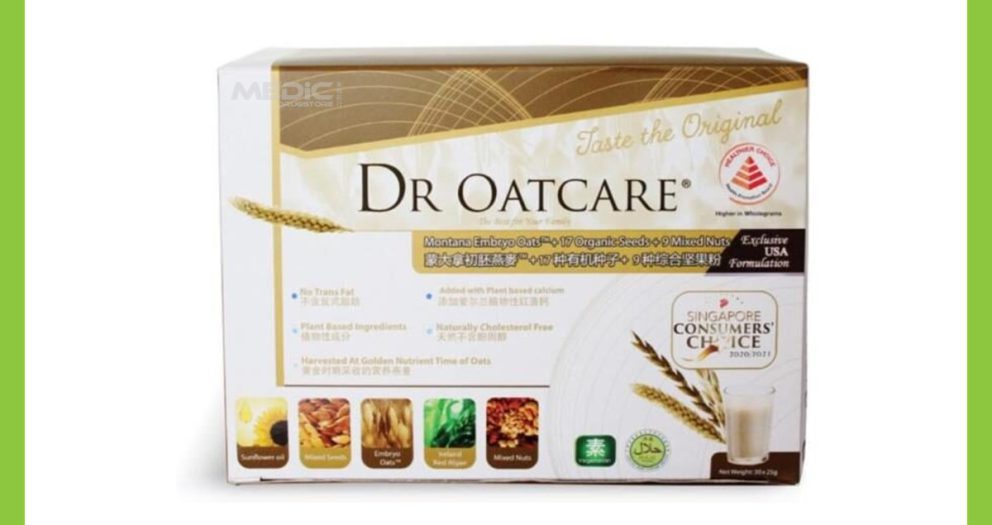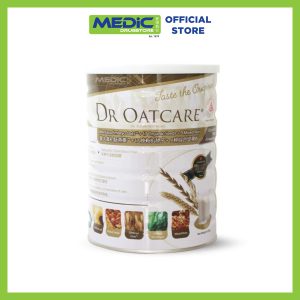Is Liquid Or Powder Foundation Better For Acne Singapore
Are you tired of battling acne and struggling to find the perfect foundation to cover your blemishes? Well, the debate between liquid and powder foundation has been a hot topic in the beauty community for years, but when it comes to acne-prone skin, which one reigns supreme?
According to dermatologists, individuals with acne-prone skin are generally advised to opt for powder-based cosmetics over liquid foundation.
This recommendation is primarily based on the fact that powder foundations contain larger pigment particles, making them less likely to occlude or clog pores, which could potentially aggravate existing acne.
The answer may surprise you and leave you rethinking your entire makeup routine. So, without further ado, let's delve into the world of foundation and find out if liquid or powder is the better choice for your acne-prone skin.
Is liquid or powder foundation better for your skin?
When deciding whether liquid or powder foundation is better for your skin, there are a few factors to consider. While both types of foundation can provide coverage and help create a flawless complexion, they may have different effects on different skin types.
Liquid foundation may be more suitable for those with dry skin, as it tends to be more moisturizing and can help prevent the appearance of flaky or patchy skin.
It can also provide more coverage, making it a good choice for those who want to conceal blemishes or other imperfections. However, liquid foundation can also be heavier and may clog pores, leading to breakouts or other skin irritations.
On the other hand, powder foundation is generally lighter and can be a better option for those with oily or acne-prone skin. It allows the skin to breathe more easily and is less likely to clog pores, which can help prevent breakouts.
However, powder foundation may not provide as much coverage as liquid foundation, and it may be more difficult to apply evenly.
Which foundation is best for acne-prone skin?
When it comes to choosing the right foundation for acne-prone skin, it is essential to opt for a product that provides adequate coverage without exacerbating existing breakouts or causing new ones.
The choice between liquid or powder foundation is often a matter of personal preference, but certain types of foundations may be more suitable for acne-prone skin than others.
Dermatologists generally recommend powder-based foundations for individuals with acne-prone skin due to their larger pigment particles, which make them less likely to clog pores. Powder foundations are also generally lighter in texture, allowing the skin to breathe more easily and reducing the likelihood of pore blockages.
However, some liquid foundations can also be suitable for acne-prone skin, especially if they are non-comedogenic, meaning that they are specifically formulated not to clog pores.
Look for products labeled as "oil-free" or "water-based" to avoid exacerbating oily skin or causing further breakouts. Products that contain salicylic acid or other acne-fighting ingredients may also be beneficial for those with acne-prone skin.
When shopping for foundation, it is crucial to avoid products that contain pore-clogging ingredients such as heavy oils, waxes, or silicones. These ingredients can trap bacteria and sebum in the pores, leading to more breakouts.
In addition to choosing the right type of foundation, it is important to consider other factors such as shade matching and overall skincare routine.
Selecting the correct shade of foundation can help to avoid the appearance of a "cakey" or unnatural finish, and it is essential to cleanse the skin thoroughly before and after applying makeup to reduce the accumulation of bacteria and impurities on the skin.
In summary, while powder foundations are generally recommended for individuals with acne-prone skin, some liquid foundations may also be suitable if they are non-comedogenic and do not contain pore-clogging ingredients.
It is crucial to read product labels carefully and consider other factors such as shade matching and overall skincare routine when selecting the best foundation for acne-prone skin. Consulting with a dermatologist can also be helpful in identifying the most appropriate foundation for individual skin types and concerns.
Sources:
- American Academy of Dermatology Association: "Makeup and Acne": https://www.aad.org/public/diseases/acne-and-rosacea/makeup-and-acne
- Healthline: "The Best Foundations for Acne-Prone Skin": https://www.healthline.com/health/beauty-skin-care/best-foundations-for-acne-prone-skin
- Dermstore: "The Best Foundation for Acne-Prone Skin, According to Dermatologists": https://www.dermstore.com/blog/top_ten/foundation-for-acne-prone-skin/
- Mayo Clinic: "Acne: Diagnosis and Treatment": https://www.mayoclinic.org/diseases-conditions/acne/diagnosis-treatment/drc-20368048
- Verywell Health: "The 11 Best Foundations for Acne-Prone Skin": https://www.verywellhealth.com/best-foundations-for-acne-prone-skin-4685477





